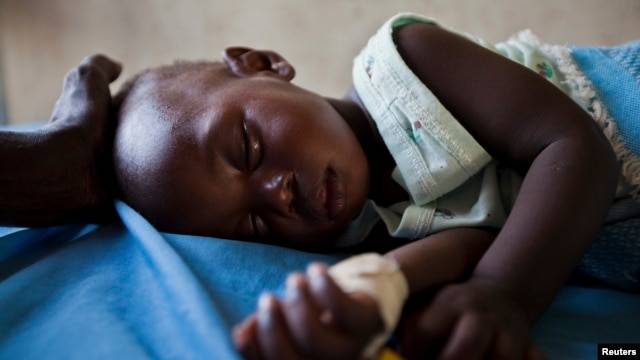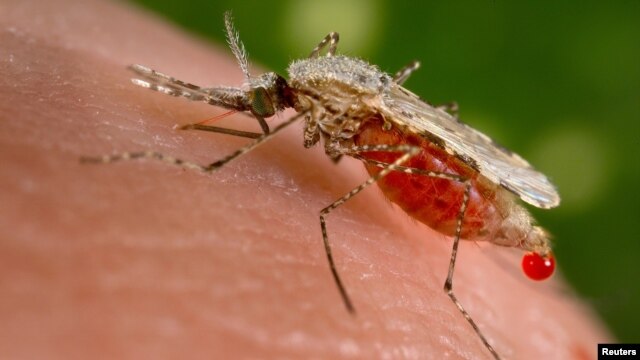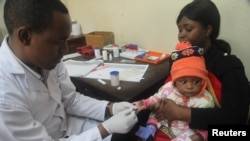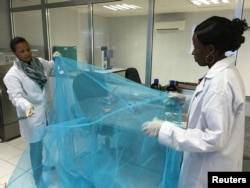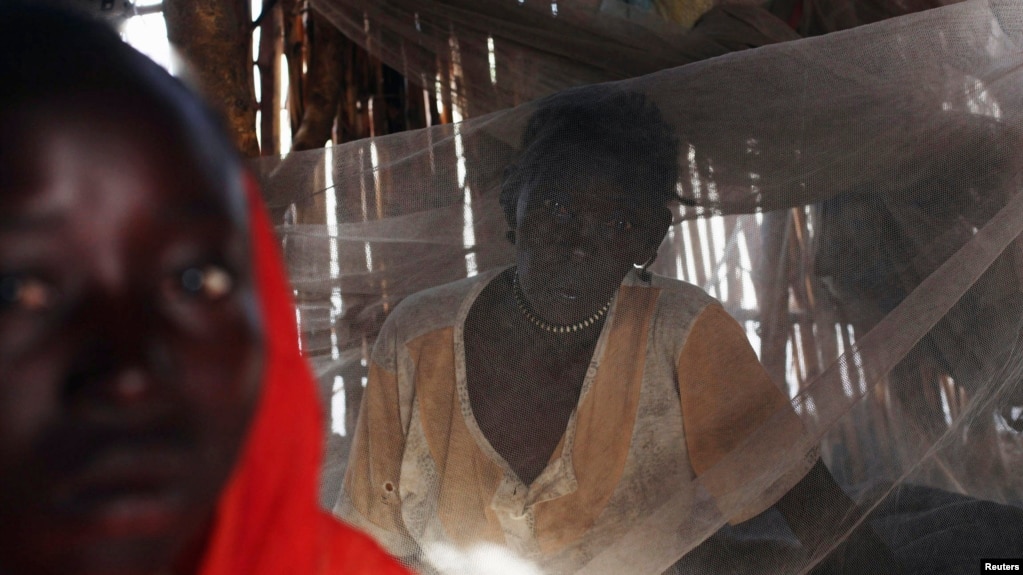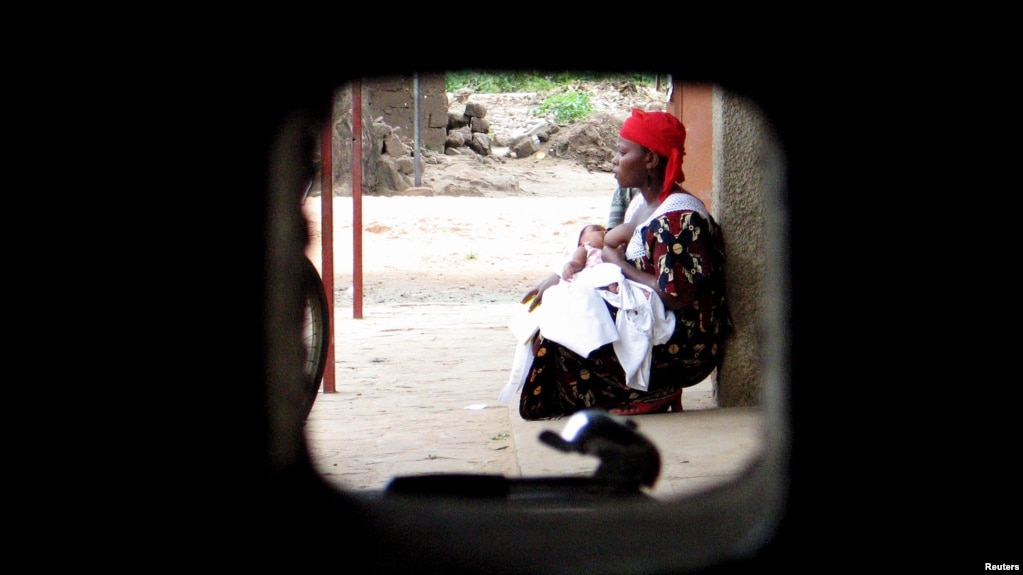More trials of Malaria vaccine needed...
More Trials of First Malaria Vaccine Needed
October 23, 2015 — A World Health Organization advisory group recommends continued clinical trials of a promising malaria vaccine to test its efficacy and safety. Separately, the Strategic Advisory Group of Experts on Immunization or SAGE is calling for the replacement of the current oral polio vaccine with another.
More Trials of First Malaria Vaccine Needed
October 23, 2015 — A World Health Organization advisory group recommends continued clinical trials of a promising malaria vaccine to test its efficacy and safety. Separately, the Strategic Advisory Group of Experts on Immunization or SAGE is calling for the replacement of the current oral polio vaccine with another.
More than one million people die of malaria each year; the vast majority are children in Africa. That is why the prospect of a vaccine to end the deadly toll is so exciting. While the first malaria vaccine, known as RTS,S shows promise, the SAGE advisory group says more studies are needed before it can be rolled out for use. The proposed vaccine works against the world's most deadly malaria parasite and the most prevalent in Africa. Four doses are required for a child to be fully protected. The first three doses are given one month apart followed by the fourth dose 18 months later. And that is where the main problem lies.
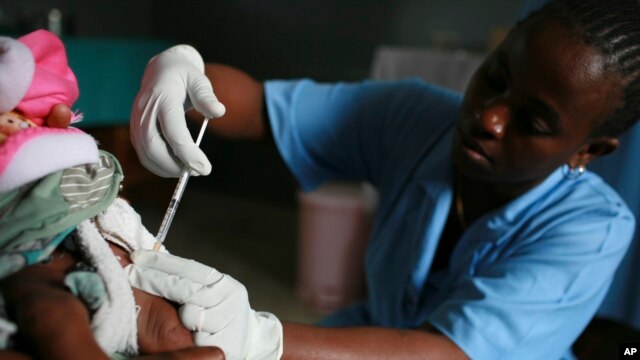
A child is vaccinated during a Malaria vaccine trial in Bagamoyo, Tanzania
Chair of SAGE Jon Abramson says the vaccine is about 30 percent effective in children who receive all four doses. But, children who do not receive the fourth dose will lose their protection. “There is no question we need four doses. The real question is how best to get these four doses in at times when we do not normally have a health care interaction with the child. So, that is our main question and is the reason we have asked for… demonstration studies," said Abramson. Abramson says SAGE recommends three to five large demonstration studies to be staged over several years, with about one million children taking part. He says the cost of the vaccine is about five dollars per dose, making it one of the most cost-effective interventions.
He notes the vaccine does not replace proven malaria control measures, saying it complements existing measures, including insecticide treated mosquito nets, diagnostics and treatment. SAGE also has decided to act on polio eradication. Only 38 cases of the crippling disease remain. Currently, oral polio vaccine is the primary tool used to eradicate polio. However, on very rare occasions, the live attenuated vaccine viruses contained in that vaccine have caused cases of paralysis among young children. As a result, SAGE recommends all countries still using the trivalent oral polio vaccine should switch to the safer bivalent oral polio vaccine by May 1, 2016.
More Trials of First Malaria Vaccine Needed


